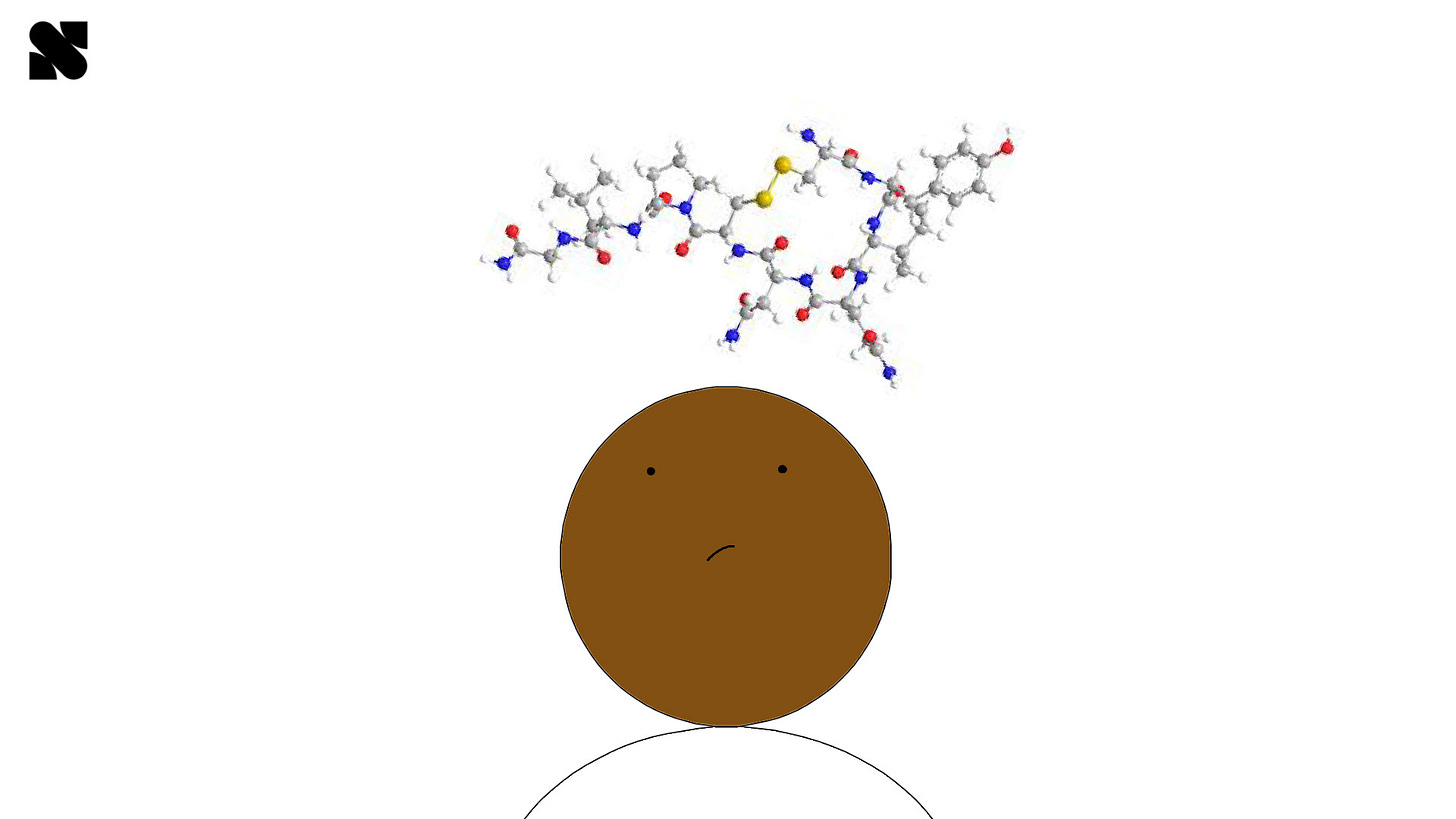Trust is a currency, one that is less often spoken about.
It’s woven into the social fabric of humanity and a collapse could signal the end of society as we know it. Whether it’s within the context of a simple romantic relationship, corporate organisations and our use of their products such as social media, for example, or higher authorities in terms of governments.
But why should we care so deeply about trust?
A concept that has predated our current civilised reality, trust was necessary for our hunter-gatherer ancestors. While privately eating one’s kill might be more satisfying, hunting alone was an unwise venture. Moving in smaller groups—or packs—ensured shelter, food and safety. To do this, there needed to be a level of understanding with trust.
So why are our levels of trust declining so rapidly?
The answer might not be too far-fetched.
As we become a more digitised society and more of us take an interest in the ongoings of the world (local or global), we begin to see the loopholes in how things are and have always been. Anonymity is the order of the day online, allowing scams, identity theft and trolling to run rampant. This is without forgetting the increase in fake news and conspiracy theories, largely pushed by echo chambers, and the alarming advent of deep-fakes.
Trust is a tricky subject, dependent on a variety of factors. For example, in countries such as Norway and Sweden, it is generally found to be higher—in the government, the police and the people. Trust in the government is gradually becoming historically low in other places like the United States and Nigeria.
This is a significant finding because it has a far-reaching impact.
Research done to estimate the extent of economic outcomes based on overall trust showed a causal correlation. Economic inequality has also been shown to be negatively related to trust.
“We have been experiencing declining economic equality, the deterioration of compromise in the public square, a fraying social fabric, and a descent into cultural narcissism.” — Robert D. Putnam
When asked, people attribute their ability to trust others to personality types, past experiences and literacy level. Even seemingly unrelated factors such as the size and slant of a person’s eyes can be a perceived measure of trustworthiness. But this goes beyond (literal) face value.
Let’s take a deeper look at what can be found beneath the surface.
What’s Happening in the Brain?
This was the exact question neuroscientist and author of The Trust Factor, Dr Paul Zak, had in mind. And so, he did something about it.
In his series of curious experiments, participants were asked to send any amount of money to a stranger through the computer. But there was a catch.
Once sent, this amount would triple in the recipient’s wallet, who would then be anonymously given the option to share the spoils with the sender or not.
With none the wiser, their level of trustworthiness was put to the test.
Ensuring blood work before and after these decisions were made (both by the sender, to be trusting, and the receiver, to be trustworthy), the results were astonishing. It turned out that the higher the levels of trust, the higher the levels of a particular compound chemical produced in the brain.
Its name?
Oxytocin.
But to correct for a possible bias, the study was taken a step further. To prove if there was a direct correlation, synthetic oxytocin via a nasal spray was safely applied to subjects; things got even more interesting.
Participants more than doubled the amount of money they were willing to send to the stranger.
Other predecessor studies have shown this association between trust and oxytocin, as well.
Can Blockchain Bridge the Gap?
Blockchain technology claims to be trustless, and rightfully so.
But that’s only half the story. There is some level of trust — it just exists within verifiable and advanced mathematics.
The way that the blockchain works is primarily tied to cryptography, the study of secure communications techniques. In this piece, we discussed how these complex computer codes ensure that even the slightest alteration renders transactions useless. This technology is appealing, whether due to the ability to digitally and irreversibly encode data or the transparency of a public ledger that is available to all.
With blockchain, the need to trust an intermediary is removed. With cryptocurrency, transactions are securely transferred ‘trustlessly’’ between parties.
This begets another set of questions: in the midst of this, is blockchain technology an answer, the answer?
Should we outsource this fundamental human need to science, or is it more beneficial (although time-consuming) to rebuild our collective human trust?
Where would we even begin—buying nasal sprays?





Gosh I always learn so much from your newsletters. Thank you!